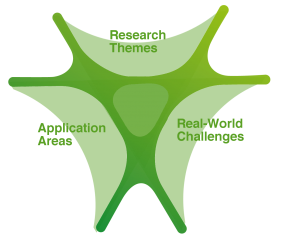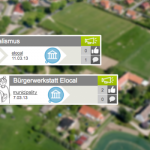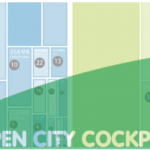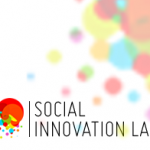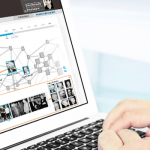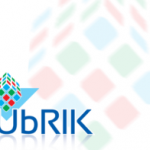Trans-disciplinary | User-centered | Practice-driven research
We turn these principles into practice by structuring our research around broader research themes in which different application areas are brought together in creating novel solutions to real-world challenges.
Research Themes
This increasingly requires technological support for semantically structuring and visualizing knowledge, processes and communication flows. Different stakeholders involve different goals, interests, knowledge and perspectives on the problem at hand. Effectively supporting communication and cooperation in such settings is no trivial task. Some reseach challenges include: How can the different perspectives and knowledge created, exchanged and negotiated in networked interactions be made visible and brought to use, for different actors involved? What principles underly successful participatory platforms which connect processes in the online setting and the physical world?
While some of these questions have been intensively researched in the last years, there is a growing abyss between academic research and real-world practice. In this case, reality is faster than science. By trying out novel ideas in real-world environments accompanied by scientific inquiry, we seek to bridge this gap.
Related Projects
This increasingly requires technological support for semantically structuring and visualizing knowledge, processes and communication flows. Different stakeholders involve different goals, interests, knowledge and perspectives on the problem at hand. Effectively supporting communication and cooperation in such settings is no trivial task. Some research challenges include: How can the different perspectives and knowledge created, exchanged and negotiated in networked interactions be made visible and brought to use, for different actors involved? What principles underly successful participatory platforms which connect processes in the online setting and the physical world?
Related Projects
Related Projects
Application Areas
Related Projects
eDemocracy distributes control and decision-making power through fostering horizontal and multi-directional connections between citizens, the organized civil society and the government. This carries both chances and challenges in rethinking existing models of political participation which cannot be addressed from a purely technology-driven perspective. eDemocracy includes the social, economic and cultural conditions that are needed to enable sustainable and responsible practices of democratic participation. With the development of novel kinds of participatory systems integrating scientific research with application in real-world practice we contribute to exploring new forms of this important and exciting area of digital social innovation.
Related Projects
Related Projects
As a powerful means to enhance rather than replace traditional research, humanities professionals can apply the new digital methods to deal with the tedious work focusing on the part of their research that is most likely to result in new findings, and to make use of technologies that may enable the discovery of new insights and patterns that were almost impossible to identify before.

